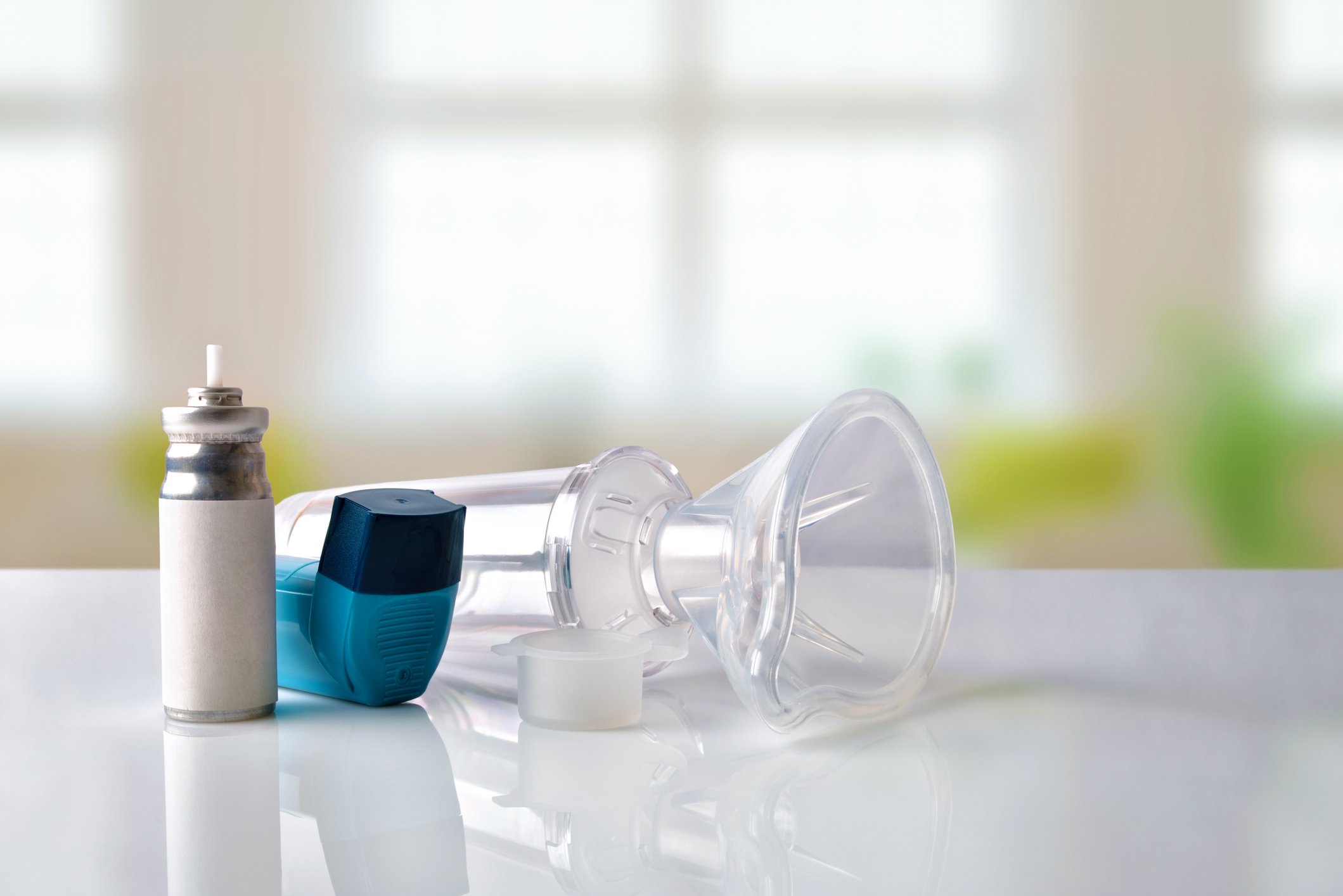Copyright 2025
Medical Security Card Company, LLC
All Rights Reserved
We take the privacy of your personal information seriously. By signing up I agree to WellRx's terms of use and privacy policy.
By Libby Pellegrini MMS, PA-C
April 28, 2020
Diuretics are medications prescribed to help manage certain medical conditions, such as high blood pressure and heart failure. They can also be used for other conditions, including abnormal body fluid regulation (due to liver or kidney disease), abnormal cerebrospinal fluid levels, glaucoma, or hormonal conditions.
Read on to learn more about diuretics and the differences between diuretic categories.
A diuretic medication enhances a process called “diuresis,” which is the body’s natural method of removing water and salt from the circulation via urination. For this reason, diuretics are sometimes referred to as “water pills.”
During diuresis, blood filters through the kidneys, and water and other waste products are removed, siphoning out of the body through the ureters, bladder, and urethra. A diuretic medication, therefore, increases urinary output, which is why some people who take diuretics report having to make frequent trips to the restroom, especially at night.
Naturally occurring diuretics, which increase the amount of water filtered out of the kidneys, include common beverages such as coffee, tea, and alcohol. Prescription diuretics are typically taken in oral or intravenous form.
All diuretics accomplish the same goal of removing excess fluid from the circulation by increasing urinary output. This has the indirect effect of lowering blood pressure, by removing fluid volume from the blood vessel network.
Some diuretics are more potent than others. The difference in diuretics stems from something called their “mechanism of action.” This refers to the specific ways in which diuretics act on the kidneys. The various sites in the kidneys where diuretics exert their effect can influence how powerful they are and also how quickly they produce increased urination.
The anatomy and physiology of the kidneys can get complicated, fast. However, you can break diuretics up into a few main categories, as follows.
Medications in this category including hydrochlorothiazide (Microzide) (which is the 11th most prescribed drug in the United States), chlorthalidone, metolazone, and indapamide. These medicines work in a part of the kidney called the distal tubule. They prevent the kidney from reabsorbing sodium back into the blood stream, therefore increasing the amount of sodium that is excreted in the urine, and the amount of water as well, because water follows sodium into the urine. Thiazides are one of the “first-line” medications that are prescribed for high blood pressure management.
Medications in this category include furosemide (Lasix), bumetanide (Bumex), and torsemide (Demadex). A loop diuretic gets its name because it interacts with a structure in the kidney known as the “thick ascending limb of the Loop of Henle.” Loop diuretics prevent absorption of sodium and chloride, which increase the overall amount of sodium and chloride that get excreted in the urine, and the amount of water as well. This can quickly and dramatically increase the output of urine from the body, depending on the dose and formulation. Loop diuretics tend to cause the most profound urinary water loss of any diuretic medication, so they are useful in conditions where water loss is favorable (such as heart failure).
Because of the way that loop and thiazide diuretics interact with the kidneys, patients taking these medicines also excrete more potassium through their urine, which can result in abnormally low potassium levels. For this reason, healthcare providers typically keep a close eye on potassium levels and sometimes add a potassium supplement onto the diuretic regimen.
To get around the “potassium problem,” there is another category of diuretics called potassium-sparing that conserve the body’s excretion of potassium through the urine. Like thiazide diuretics, these diuretics work in kidney’s the distal tubule. One medication in this category, spironolactone (Aldactone), is used for certain hormonal conditions (such as acne and excessive hairiness) or fluid buildup due to liver failure, heart failure, and high blood pressure. Spironolactone can sometimes be combined with another diuretic, such as a loop diuretic, to decrease the amount of potassium that is lost through the urine. Other potassium-sparing diuretics include amiloride, triamterene (Dyrenium), and eplerenone (Inspra).
Acetazolamide (Diamox). This type of diuretic is used for conditions of excessive fluid that primarily occur outside of the circulatory system. Examples include high altitude sickness, glaucoma, and neurologic problems. It works by interacting with an enzyme called carbonic anhydrase in a part of the kidney called the proximal tubule, and also in the brain.
Mannitol (Osmitrol). This diuretic is a sugar alcohol that works in the proximal tubule of the kidney as well as in the Loop of Henle. It can also help with removing excess fluid from the brain, which is crucial in situations of increased intracranial pressure and brain swelling.
If you or a loved one are prescribed a diuretic medication, make sure to shop around for the best deal. You can use a ScriptSave® WellRx savings card to find the lowest price for your medications.
References
https://www.wellrx.com/prescriptions/hydrochlorothiazide/
https://www.ncbi.nlm.nih.gov/pmc/articles/PMC6025009/
https://www.wellrx.com/prescriptions/chlorthalidone/
https://www.wellrx.com/prescriptions/metolazone/
https://www.wellrx.com/prescriptions/indapamide/
https://www.wellrx.com/prescriptions/lasix/
https://www.wellrx.com/prescriptions/bumetanide/
https://www.wellrx.com/prescriptions/torsemide/
https://www.wellrx.com/prescriptions/spironolactone/
https://www.wellrx.com/prescriptions/amiloride%20hcl/
https://www.wellrx.com/prescriptions/triamterene/
https://www.wellrx.com/prescriptions/eplerenone/
https://www.wellrx.com/prescriptions/acetazolamide/
https://www.wellrx.com/prescriptions/mannitol
https://www.wellrx.com/rx-discount-card/enroll/
https://www.uptodate.com/contents/mechanism-of-action-of-diuretics?source=history_widget
Libby Pellegrini is a nationally certified physician assistant. She currently works in emergency medicine where she sees and treats a broad spectrum of illnesses across all age ranges. She holds a journalism degree from Northwestern University.

For your convenience, use the ScriptSave® WellRx mobile app. Now savings are well in hand, right at the pharmacy counter. Save on your family's prescription medicines.
Learn More
Your choice. Get a ScriptSave WellRx Savings Card. Or Download the free mobile app from the App Store or Google Play Store
Get A Card
ScriptSave WellRx Grocery Guidance leverages leading-edge nutritional data science to help you know which food products on your grocery store shelf are truly good for YOU.
Healthy Foods For YouTags:

July 30, 2025

July 23, 2025

July 16, 2025
You need to log into the site to use this feature
This feature requires registration. Sign up or log in to your free WellRx account to gain access to this and other tools to help make managing your medications and wellness easier.
Benefits Include:
 Store & manage your medication list
Store & manage your medication list
 Medication pricing updates
Medication pricing updates
 Medication information
Medication information
 Pill & refill reminders
Pill & refill reminders
 Medication journal & mood log
Medication journal & mood log
This feature requires registration. Sign up or log in to your free WellRx account to gain access to this and other tools to help make managing your medications and wellness easier.
Benefits Include:
 Store & manage your medication list
Store & manage your medication list
 Medication pricing updates
Medication pricing updates
 Medication information
Medication information
 Pill & refill reminders
Pill & refill reminders
 Medication journal & mood log
Medication journal & mood log
You will be redirected to your program in 5 seconds.
Our Terms and Conditions and Privacy Policy have recently been updated.
By declining you will be logged out of your account